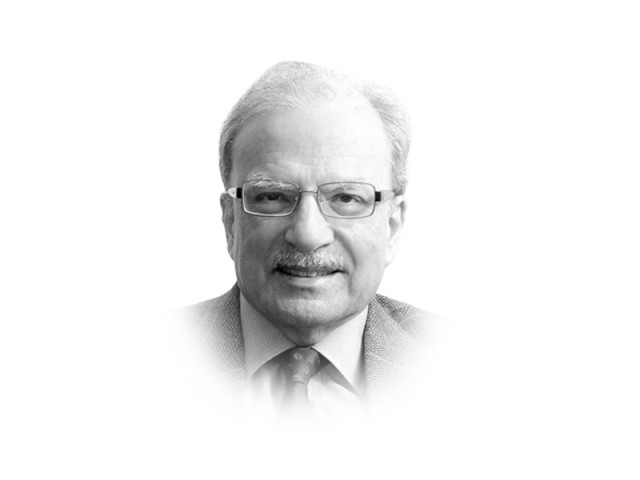Political parties’ governance choices
There are no ‘grand strategies’ in any of the manifestoes that can address the difficult issues that must be tackled.

The writer is a former caretaker finance minister and has served as vice-president at the World Bank
The three manifestoes discussed in the earlier articles cover a considerable amount of common ground in both politics and economics. That suggests that there is consensus among the more important political players on a number of issues. It is recognised in all three documents that more work needs to be done in developing further, the still-evolving political order. It is also fully appreciated that the economy will need much greater attention than it did in the last five years.
There is considerable satisfaction among the parties that the country has succeeded in establishing a political order that will ultimately lead to the development of full parliamentary democracy. Two of the three manifestoes promise that policymaking will be the responsibility of a cabinet headed by a prime minister responsible to the National Assembly. The same system will operate in the provinces. If that occurs, Pakistan would have reverted to the system that was in place when Zulfikar Ali Bhutto governed the country as prime minister. However, this time around, the prime minister’s exercise of authority would be constrained by a number of institutions over which he will not have any or much control. The superior judiciary, the election commission, the National Accountability Bureau, possibly even the Federal Board of Revenue, will be headed by the people appointed in a way to eliminate their need to serve the political masters of the day. These institutions will also be protected by the Constitution so that their work is free of political interference. Pakistan, in other words, is headed towards the establishment of a political order in which the elected policymakers will have to operate within an institutionally constrained framework.
There is also consensus among the mainstream parties that Pakistan must climb out of the low-growth groove into which its economy has been stuck for the last five years. But the manifestoes don’t put forward a detailed plan for taking the needed steps to revive the economy. The parties would like the economy to grow at between six to eight per cent a year but it is not clear precisely how that doubling of the current rate of growth will be achieved. There are promises in a number of areas but they are not cast in the form of a grand strategy but rather in the form of discrete and unrelated initiatives.
What is also missing from these statements is thinking about the kind of space the country will need to occupy in the changing global system. There are no references to the impact of the Arab Spring on Pakistan. For instance, the collapse of the Syrian regime could add to the Sunni-Shia divide in the Arab world. If that happens, there will be consequences for Pakistan. It is not always appreciated in Pakistan that it has, after Iran, the second largest Shia community in the Muslim world. It is important to ensure that this sect enjoys the same rights and state protection as do the majority Sunnis.
President Barack Obama’s ‘Asia pivot’ approach will also affect Pakistan and place its relations with Washington in a different context. China’s continuing economic and military rise and India’s increasing global influence must be factored into policymaking by Islamabad. The manifestoes are mostly silent on this subject as well.
In sum, read together or read separately, there are no ‘grand strategies’ in any of the manifestoes that can address the many difficult issues that will have to be tackled in the first few months after the policymakers have been ushered into their new offices. Strategies and detailed plans are required to revive a failing economy; to overcome a series of dissident movements that are gaining ground and are using violence as the preferred form of expression; to improve the quality of governance; and to reduce the incidence of poverty and narrow the widening income gap. Pakistan will also need to prepare itself for the chaos that may result in Afghanistan once the Americans have fully withdrawn their combat forces from that war-torn land. There is a great deal of work to be done by the new policymakers. They don’t have much time to prepare themselves for the looming task.
Published in The Express Tribune, April 29th, 2013.














COMMENTS
Comments are moderated and generally will be posted if they are on-topic and not abusive.
For more information, please see our Comments FAQ